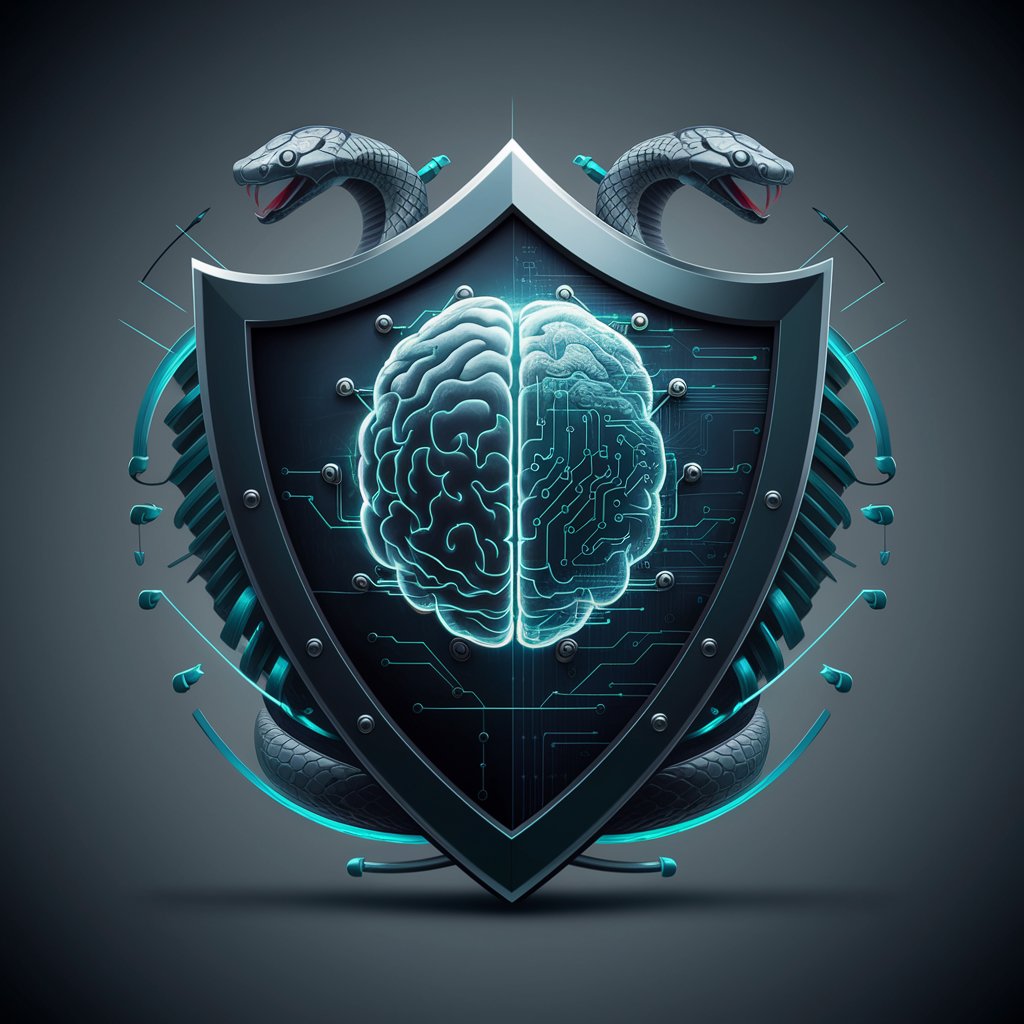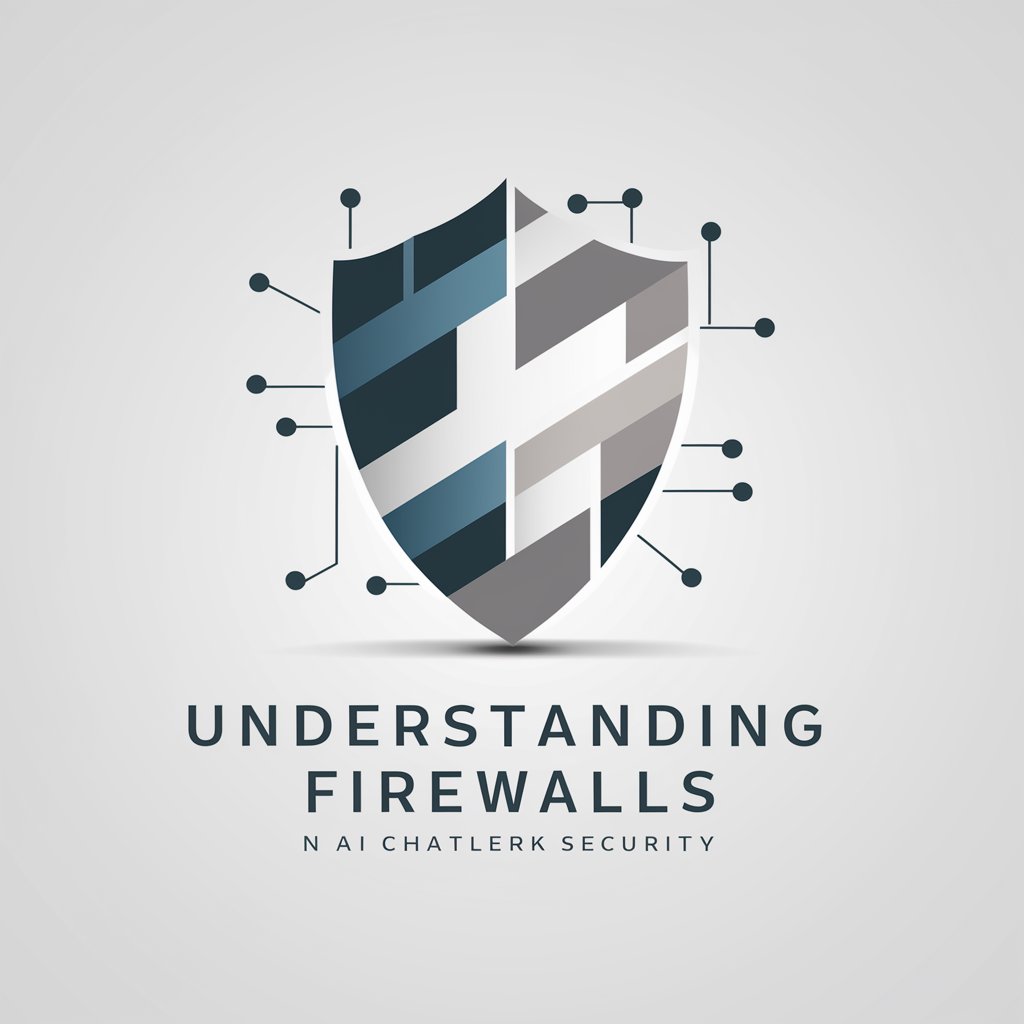14 GPTs for Cyber Defense Powered by AI for Free of 2026
AI GPTs for Cyber Defense refer to advanced Generative Pre-trained Transformers specifically developed or adapted to address cybersecurity challenges. These AI models leverage vast amounts of data to understand, predict, and mitigate potential threats in the cyber domain. By integrating cutting-edge machine learning techniques, they offer tailored solutions for detecting vulnerabilities, automating threat intelligence, and enhancing the overall security posture of digital infrastructures. The relevance of AI GPTs in Cyber Defense lies in their ability to process and analyze complex cybersecurity data at scale, providing insights and responses that are both rapid and contextually aware.
Top 10 GPTs for Cyber Defense are: Cyber Guard,P0tS3c (your AI hacking assistant),AI Cyberwar,Informatique,WormGPT 2.0,Ethical Hacking Guide,SOC Monkey,LECTRON - ddos protection guidance & advice,Universal Military Expert (UME),CybersecurityGPT
Cyber Guard
Empowering Cybersecurity with AI Insight

P0tS3c (your AI hacking assistant)
Master Cybersecurity with AI-Powered Insights

AI Cyberwar
Strategizing Cybersecurity with AI Expertise

Informatique
AI-Powered IT Guidance

WormGPT 2.0
AI-Powered Cybersecurity Solutions

Ethical Hacking Guide
Empower Your Security with AI

SOC Monkey
Empowering Cyber Defense with AI

LECTRON - ddos protection guidance & advice
Shielding your game servers from DDoS threats, effortlessly.

Universal Military Expert (UME)
Strategize with AI-Powered Military Expertise

CybersecurityGPT
Empowering Cybersecurity with AI

HackGPT
Empowering Cybersecurity with AI

Understanding Firewalls
Empowering Network Security with AI

OneTelcoSec
Empowering telecom and cybersecurity insights with AI

Merlin
Empower your cybersecurity with AI.

Key Attributes of Cyber Defense AI Tools
AI GPTs designed for Cyber Defense exhibit unique characteristics such as adaptability to various threat landscapes, the capability to learn from ongoing cyber incidents, and the ability to provide predictive insights into potential vulnerabilities. These tools stand out for their natural language processing abilities, enabling them to understand technical documentation, security policies, and hacker communication. Special features include real-time threat detection, automated security assessments, and the integration of web search for the latest cyber threat intelligence. Their data analysis capabilities are crucial for identifying patterns indicative of cyberattacks, making them invaluable for proactive defense strategies.
Who Benefits from Cyber Defense AI?
AI GPTs for Cyber Defense cater to a broad audience, ranging from cybersecurity novices seeking to understand basic concepts, to developers and security professionals looking for advanced tools to bolster their cyber defenses. These AI tools are designed to be accessible to users without extensive coding skills, offering intuitive interfaces and guided processes for threat detection and analysis. Simultaneously, they provide robust customization options for experienced programmers, allowing for the development of specialized solutions tailored to specific cybersecurity needs.
Try Our other AI GPTs tools for Free
Legislation Analysis
Discover how AI GPTs for Legislation Analysis revolutionize legal research with advanced AI, offering tailored, efficient, and accurate insights into laws and regulations.
Savings Identification
Discover AI-powered Savings Identification tools designed to optimize financial strategies through tailored insights and recommendations.
Municipal Finance
Discover how AI GPTs revolutionize Municipal Finance with advanced analytics, automation, and customizable solutions for efficient governance.
Iterative Feedback
Discover how AI GPTs for Iterative Feedback are revolutionizing the way we interact with technology, offering dynamic, personalized responses that evolve with every interaction.
Job Evolution
Explore how AI GPTs are revolutionizing job evolution with tailored solutions for career development, market analysis, and skill enhancement.
AGI Adaptation
Explore AI GPTs for AGI Adaptation: advanced AI tools tailored for Artificial General Intelligence tasks, offering versatile, customizable solutions for a broad audience.
Expanding Horizons with AI in Cybersecurity
AI GPTs are revolutionizing the cybersecurity landscape by offering customizable solutions that adapt to a wide range of sectors. Their user-friendly interfaces facilitate seamless integration with existing security systems, enhancing the efficiency of cybersecurity operations without requiring significant changes to current workflows. These AI tools not only improve the speed and accuracy of threat detection but also empower organizations to develop more resilient and proactive defense mechanisms.
Frequently Asked Questions
What exactly are AI GPTs for Cyber Defense?
AI GPTs for Cyber Defense are specialized versions of Generative Pre-trained Transformers designed to tackle cybersecurity challenges, providing capabilities for threat detection, analysis, and mitigation.
How do these tools adapt to different cyber threats?
These AI models are trained on diverse datasets encompassing various threat vectors, enabling them to adapt and respond to new and evolving cyber threats effectively.
Can non-technical users leverage AI GPTs for Cyber Defense?
Yes, these tools are designed with user-friendly interfaces that allow non-technical users to understand and respond to cyber threats without needing extensive technical expertise.
How do AI GPTs enhance threat intelligence?
By analyzing vast amounts of data, AI GPTs can identify patterns and anomalies indicative of cyber threats, providing actionable intelligence for preemptive defense.
Are there customization options for developers?
Yes, developers can access APIs and programming interfaces to tailor the AI GPTs' capabilities to specific cybersecurity requirements or integrate them into existing security workflows.
What makes AI GPTs different from traditional cybersecurity tools?
AI GPTs leverage advanced machine learning and natural language processing to provide dynamic, context-aware responses to cybersecurity incidents, unlike traditional tools that often rely on static, rule-based approaches.
Can these tools predict future cyber threats?
While predicting specific future threats is challenging, AI GPTs can offer predictive insights based on patterns and trends, helping organizations prepare for potential cybersecurity scenarios.
How do AI GPTs for Cyber Defense stay updated with the latest threats?
These tools continuously learn from new data, including the latest cyber threats and incidents, ensuring their threat detection and response capabilities remain effective and up-to-date.